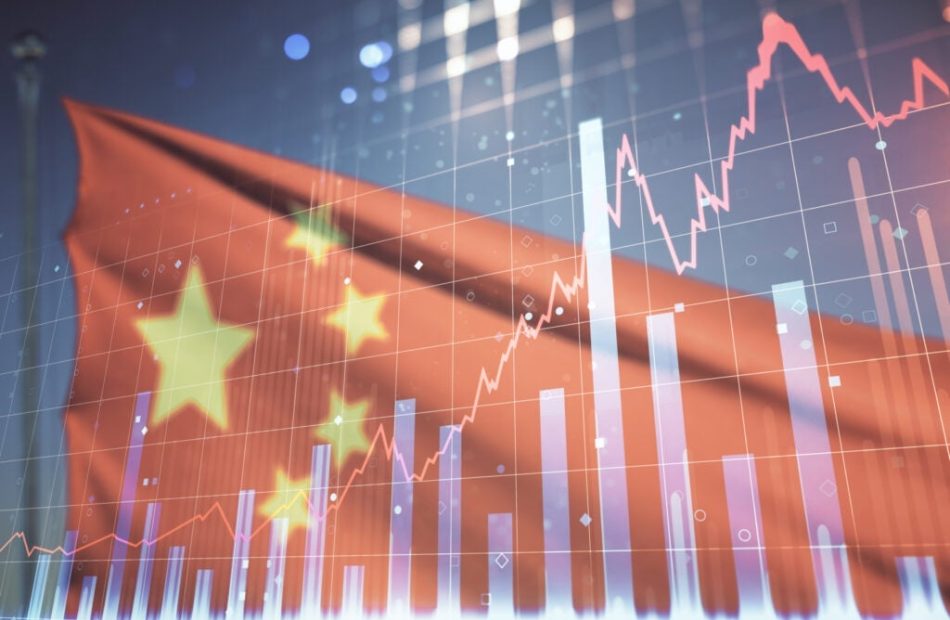China's Reluctance To Empower Corporations Could Undermine Economic Stimulus: Report
China’s latest economic stimulus is creating significant ripples in global markets. Following a series of bold actions by the People’s Bank of China (PBoC), including slashing the reserve requirement ratio (RRR) for banks and cutting key repo rates, the financial system is poised for an influx of liquidity.
The aim is to inject $140 billion into the economy and enhance lending to stimulate growth. Additionally, Reuters reports that China plans to issue 2 trillion yuan (approximately $284 billion) in special sovereign bonds this year to boost consumer spending.
However, Nick Colas, co-founder of DataTrek Research, cautioned about the challenges posed by the Chinese government’s approach. During a Bloomberg Surveillance podcast, he noted that while there are various monetary and fiscal policy measures, there exists a conflicting perspective among government regulators.
They want to improve the economy but are reluctant to restore too much power to the wealthy and corporations.
“And that tension has been really damaging for Chinese equity market investors sentiments,” Colas said in the podcast.
Colas emphasized that this tension has negatively impacted investor sentiment in the Chinese equity market.
Also Read: China’s Stimulus Sparks Optimism: 3 Large-Cap Stocks With Analyst Buy Ratings
Colas also drew a comparison between China and the United States regarding their resilience. He expressed that America, by its very nature, is psychologically “anti-fragile.”
“Americans are very optimistic people. They don’t worry about making mistakes. And they don’t criticize people that fail, at least in business,” Colas said on the Bloomberg Surveillance Podcast.
He remarked that American society allows for “second and third acts,” highlighting a cultural tendency to bounce back from setbacks.
When asked about China’s anti-fragility, Colas acknowledged that it exists but not to the same degree as in the U.S. He pointed out that the unique ability of Americans to recover from mistakes—whether in business or politics—sets the U.S. apart globally. This resilience, he concluded, is a hallmark of American exceptionalism.
A recent Bloomberg report highlighted that a growing group of prominent Chinese economists, including former central bank chief Yi Gang, has warned of the need to boost demand to prevent China from falling into a deflationary spiral.
Companies engaged in intense price wars are laying off workers, and college graduates are facing challenges in finding jobs, leading to a record youth unemployment rate last month, the report read.
While the new multi-faceted policy package has energized equity markets, it did not do much to tackle the fundamental issues affecting China’s long-term economic outlook.
Read Next:
Market News and Data brought to you by Benzinga APIs
© 2024 Benzinga.com. Benzinga does not provide investment advice. All rights reserved.


Leave a Reply